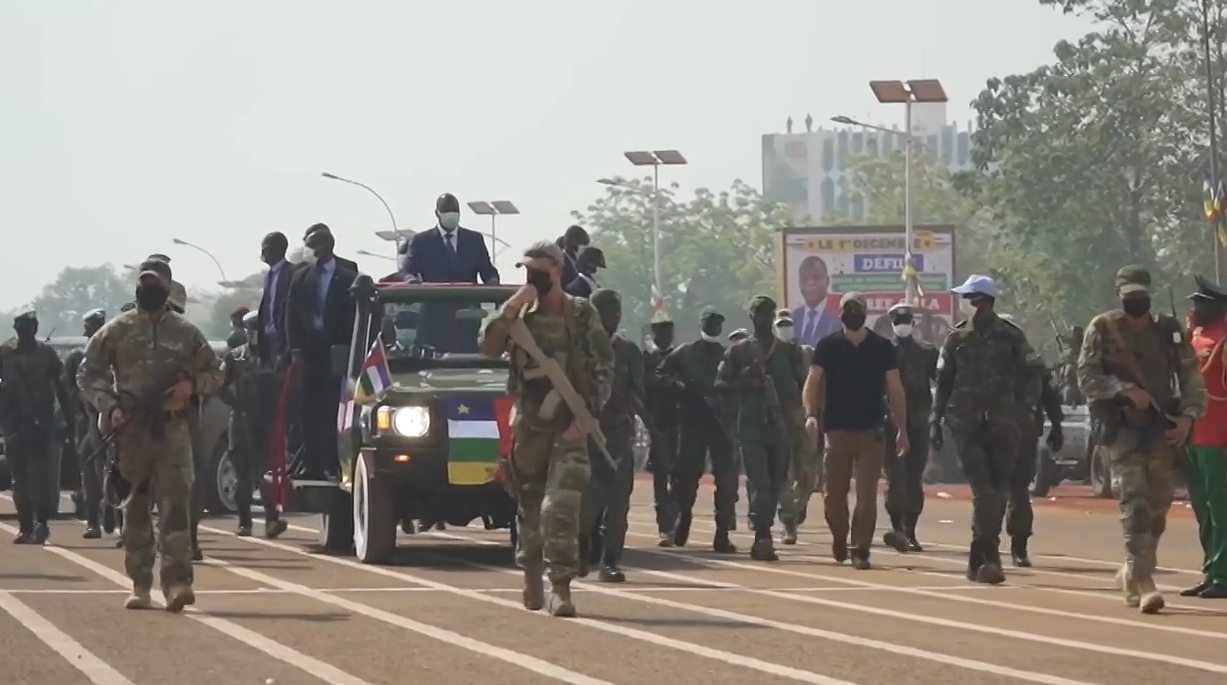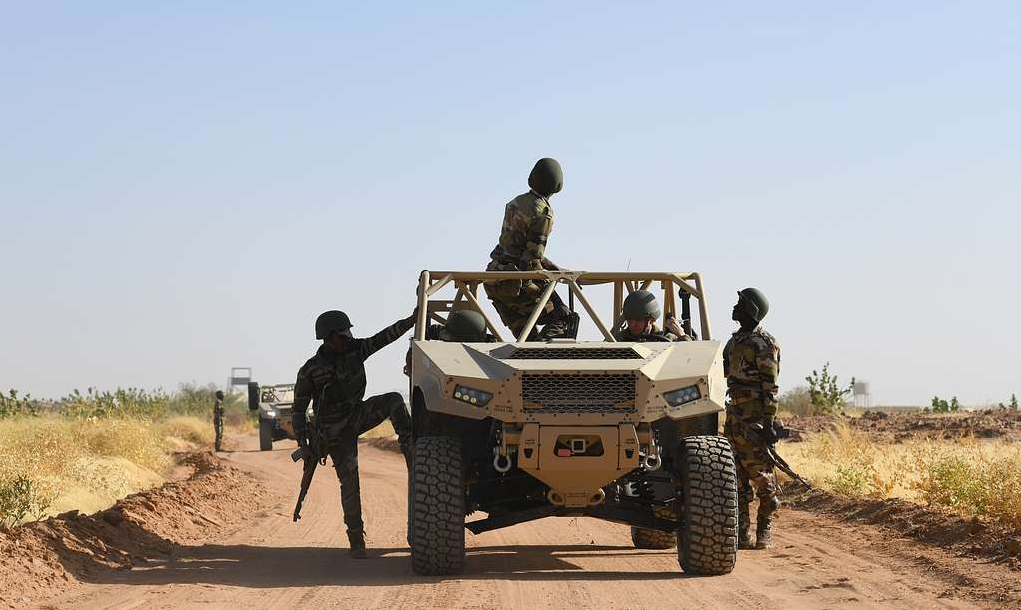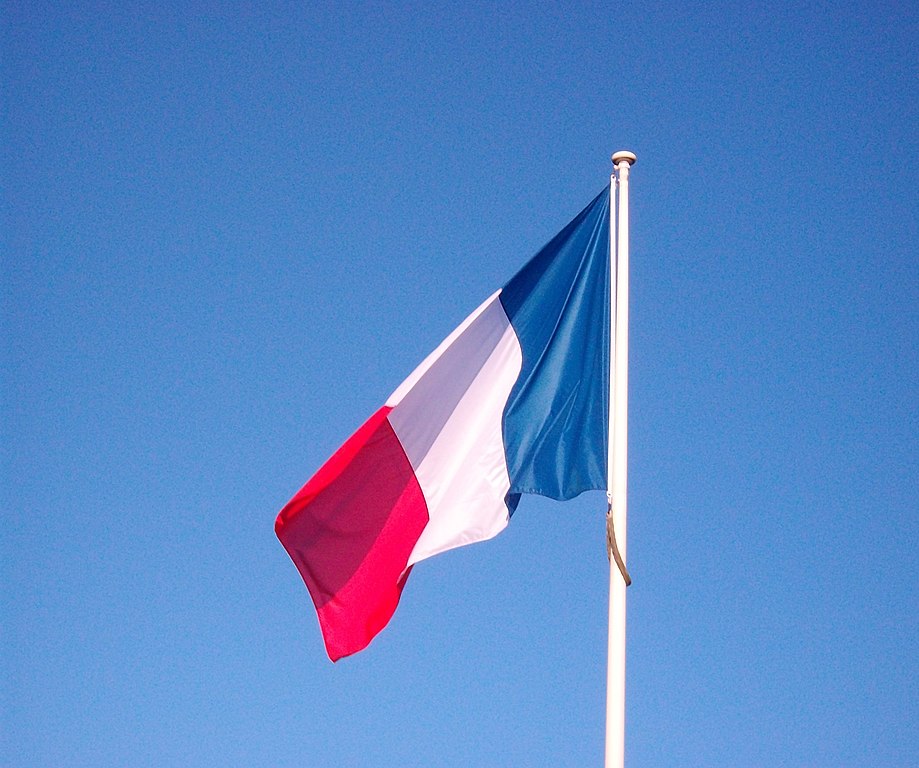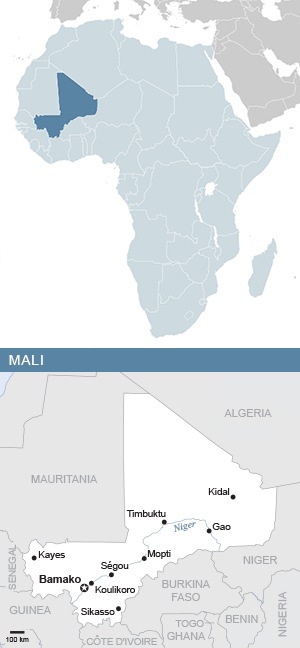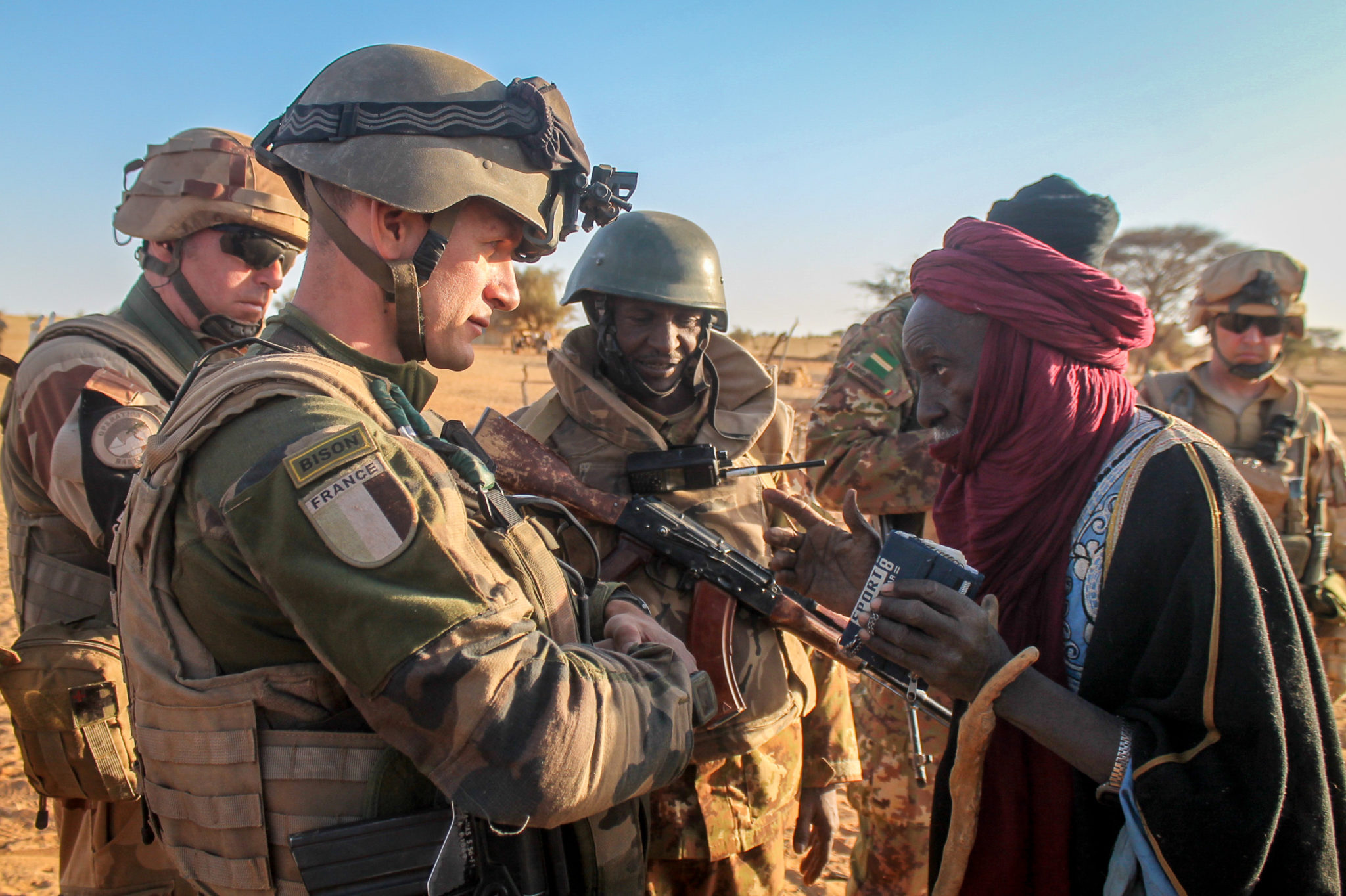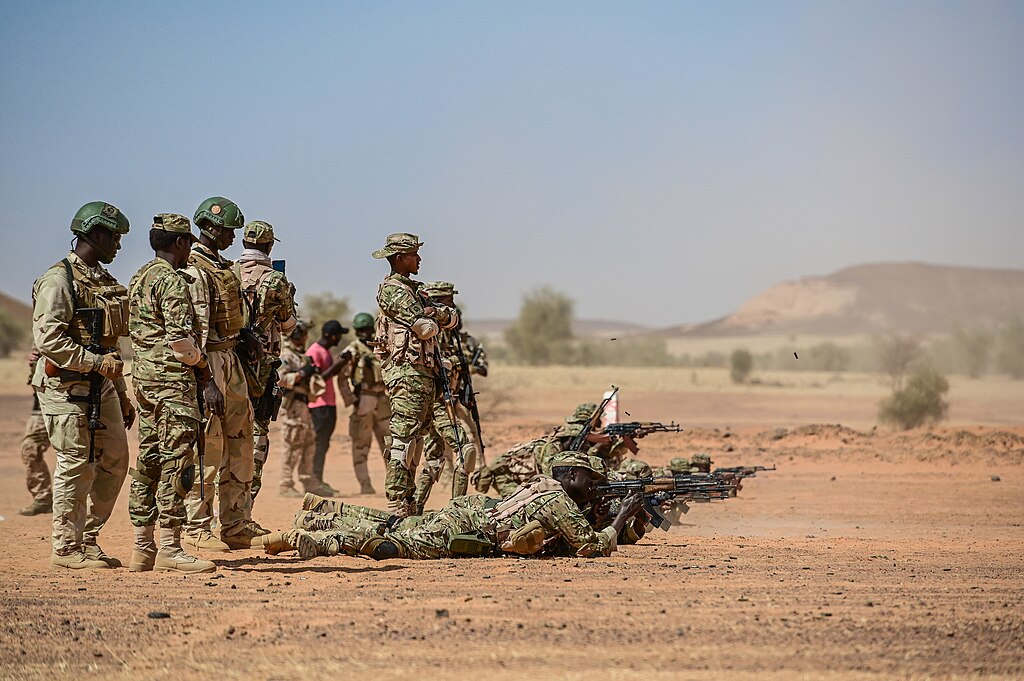
Trigger time at Flintlock 20, USAFRICOM from Stuttgart, Germany.
“Prime Minister Viktor Orban has decided to deploy a military contingent to Chad for two years before March 2024 to assist the country economically, prevent illegal immigration, and help combat terrorism.”
In recent years, France, the historical European power in West Africa, has been withdrawing from the region, while Russia has been reasserting its military and political influence.[i] Additionally, Hungary, a country with a foreign policy more aligned with Russia than other European Union (EU) countries, has begun expanding its footprint in West Africa. As the excerpted French-language article in the Chadian news website alwihdainfo.com notes, Hungary has signed military, educational, health, agricultural, and energy memoranda of understanding with Chad. Both countries have expressed the desire to strengthen their bilateral ties.
A French-language article on the website of Radio France Internationale, provides additional details, reporting that Hungary intends to send between 200 and 400 soldiers to Chad to focus on stopping migration, countering terrorism, and providing humanitarian assistance. The article also notes that with instability surrounding Chad, the country has become a refugee hub. This is why Hungary is setting up a permanent base in the country and why Hungary’s foreign minister stated his country was determined not to let Chad collapse.
The article acknowledged the domestic policy motivations for Hungary, which, like Russia, has become antagonistic to the EU, despite Hungary being a member-state.[ii] Further, according to the article, Hungarian media has promoted the story that the EU plans to establish “migrant ghettos” in Hungary. This represents an effort to sway Hungarian public opinion for foreign policy measures to stop migration, such as the new measures in Chad. It also appears Hungary is aligning its foreign policy in Africa with Russia’s. Russia is over-extended in Africa because of its Ukraine operations and can only deploy a few thousand former Wagner fighters to Africa, seemingly in the context of the Africa Corps. However, in countries where former Wagner troops are not operational, Hungary can step in and support juntas or other authoritarian regimes, such as Chad, which is seeing diminishing Western support. The emerging “coup belt” countries in West Africa will be empowered and less likely to restore civilian rule like the juntas had originally promised now that Russia and seemingly Hungary are backing them.
Sources:
“Coopération: Le Tchad et la Hongrie renforcent leur coopération dans plusieurs domaines (Cooperation: Chad and Hungary strengthen their cooperation in several domains),” alwihdainfo.com (Privately owned French-language Chadian website noted for being critical of the government), 8 December 2023. alwihdainfo.com/Cooperation-Le-Tchad-et-la-Hongrie-renforcent-leur-cooperation-dans-plusieurs-domaines_a128541.html
During a joint press conference, the two diplomats highlighted the advantages and objectives of the agreements, emphasizing their importance in strengthening the new and strengthened cooperation while respecting the interests of each country…. They expressed their confidence in strengthening ties between Chad and Hungary, and stressed that the bilateral cooperation will benefit both peoples and contribute to regional stability. According to Ndjamena, the agreements signed on December 7, 2023 create a pathway for productive collaboration between Chad and Hungary and offere new opportunities for economic growth, social development, and scientific progress.
“La Hongrie compte envoyer des militaires au Tchad pour lutter contre «les migrations» (Hungary plans to send soldiers to Chad to fight against “migration),” rfi.fr (French state-owned radio news website reporting on international affairs), 19 November 2023. rfi.fr/fr/afrique/20231118-la-hongrie-compte-envoyer-des-militaires-au-tchad-pour-lutter-contre-les-migrations
As Budapest is strongly opposed to the European refugee acceptance policy, it continues to claim that it is necessary to “support the management of problems where they begin and not transfer them to Europe”, Prime Minister Viktor Orban has decided to deploy a military contingent to Chad for two years before March 2024 to assist the country economically, prevent illegal immigration, and help combat terrorism. Instead of welcoming refugees to Hungary, Viktor Orban’s government prefers to support the African people there. Hungary will send between 200 and 400 soldiers to Chad. The government continues to generate fear of migration in the run-up to the 2024 European elections. The Hungarian Post began sending a government questionnaire to all Hungarians, which was published on the Internet. It has questions such as “Brussels wants to install migrant ghettos in Hungary. Do you agree ?” which is a totally false statement.
Notes:
[i] The French withdrawal from West Africa was a major trend in 2023. The year concluded with the French Embassy in Niger announcing that it was ending its diplomatic presence in the country. France also withdrew its 4,500-troop Operation Barkhane force from Mali in August 2022 and withdrew its troops from Burkina Faso in February 2023. These events have all occurred after coups in Mali, Burkina Faso, and Niger in May 2021, January 2022, and July 2023, respectively, which France and the West denounced. Russia, in contrast, has backed the post-coup military regimes. For more on Burkina Faso’s role as a bellwether of Russian and France in West Africa, see Jason Warner, “Burkina Faso: A Bellwether on Russian and French Presence,” OE Watch, 11-2022. https://fmso.tradoc.army.mil/2022/burkina-faso-a-bellwether-on-russian-and-french-presence/
[ii] Since Viktor Orbán became Prime Minister in 2010, Hungary has passed several illiberal legislative bills, with strict anti-migrant legislation as a core policy. Hungary also has embraced the authoritarian leaders in Russia and China and helped to deepen their political and economic influence throughout Central Europe. Although little existing research has discussed Hungary coordinating or aligning its foreign policy with that of Russia, Hungary’s cultivating security ties specifically with Chad—whose authoritarian leader since 2021, Mahamat Déby, succeeded his father, who ruled for three decades—notably comes at a time when Russia is supporting other military-authoritarian regimes in West Africa as well, which border Chad, including in Sudan, Libya, Central African Republic, Mali, and Niger. For an assessment of Russian influence on Hungary, see Dr. Péter Krekó, “ING2 Committee Hearing on Russian interference in the EU: the distinct cases of Hungary and Spain,” European Parliament, 27 October 2022. https://www.europarl.europa.eu/cmsdata/256493/OJ%20item%204_peter_kreko_ing2_hearing_20221027_speaking_points.pdf.
Image Information:
Image: Trigger time at Flintlock 20, USAFRICOM from Stuttgart, Germany.
Source: https://commons.wikimedia.org/wiki/File:Trigger_time_at_Flintlock_20_(50111204252).jpg
Attribution: CC x 2.0

